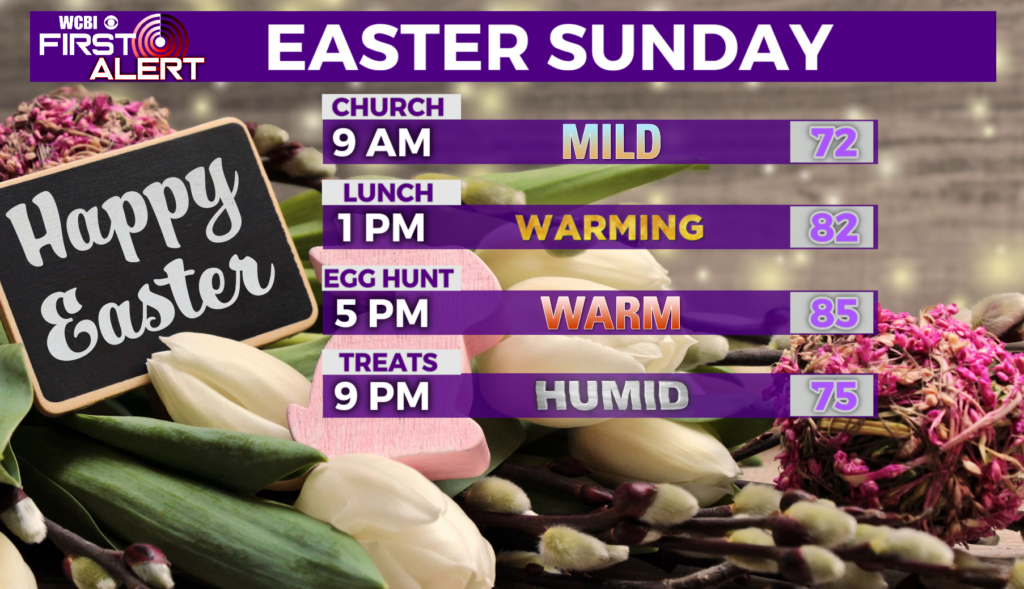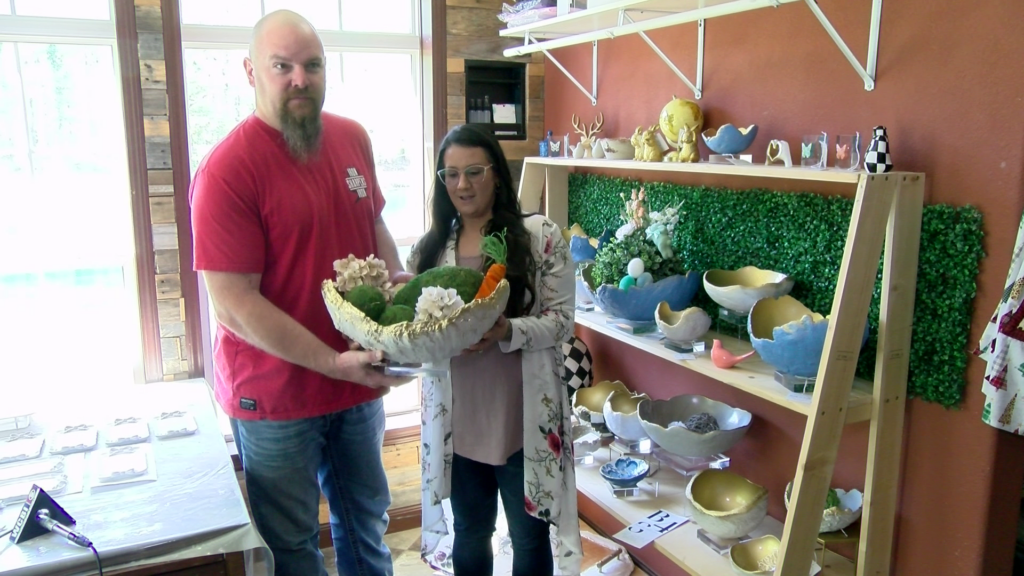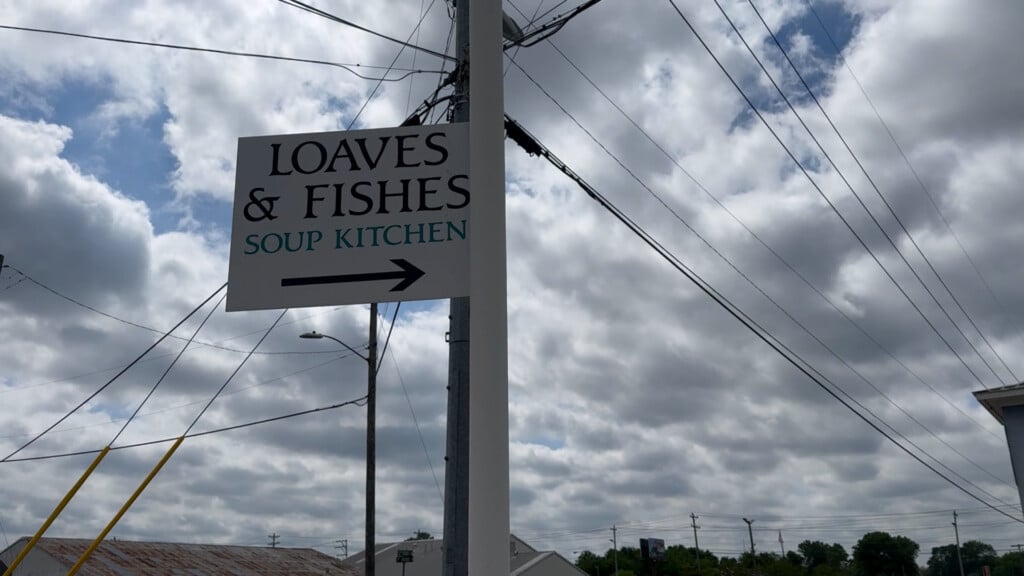Live animal “wet markets” in NYC face protests amid coronavirus crisis
A wet market in Wuhan, China, has been named as the likely ground zero for the coronavirus pandemic, and has since sparked a global outcry over their potential health risks. At least 70 legally-operated live animal markets in New York City — also known as “wet markets” — saw animal rights protests break out in April.
There are hundreds of wet markets in the United States where animals are sold alive and sometimes slaughtered for purchase.
Infectious disease epidemiologist Dr. Ben Lopman told CBS News’ Jim Axelrod that wet markets “pose a special risk because of the diversity of animals that are sold.”
While the legal wet markets in New York City and around the United States are not like the ones in China that sell exotic animals, Lopman said they pose their own threat to public health.
“Anywhere that humans come into contact with animals is a potential exposure, is a potential opportunity for infection to jump from animals to humans,” he said.
Video obtained by CBS News shows cages of animals stacked on top of each other, with feces, urine or even blood able to flow between their confinements. The footage purports to reflect an example of what U.S. wet markets are like.
“I wouldn’t eat from one of those markets,” said New York state legislator Linda Rosenthal.
Since the COVID-19 crisis began, New York state has stopped inspecting live animal markets. Rosenthal said she was alarmed at the lack of oversight from state and local governments over these markets.
She introduced a bill that would shut them down while the risk is evaluated, calling it a “matter of public health.” Her bill would suspend the licenses of existing live markets, and stop issuing new ones.
Though it aims to lower the risk of future public health crises, its ramifications on the lives of those who depend on these markets has yet to be seen.
CDC data says that more than six out of every 10 known infectious diseases in people can be spread from animals. The World Health Organization has acknowledged their risks, while also highlighting their importance to some people’s survival.
“Wet markets are an important source of affordable food and livelihood for millions of people all over the world,” WHO chief Tedros Adhanom Ghebreyesus said. “But in many places, they have been poorly regulated and poorly maintained.”
While videos taken by animal rights groups show the unsanitary conditions that wet markets could be in, Imram Uddin, whose family has run a live animal market for 64 years in Queens, New York, said they cannot all be judged from the worst examples.
“Come see what we do before you pass judgement, we keep all of our animals separate,” he said. “We sanitize multiple times a day. It’s part of our routine before COVID.”
Uddin said wet markets are vital for customers wanting kosher or halal meats.
“For a lot of my clientele, it’s a tradition. It’s a way of preserving their a way of life,” Uddin said.





Leave a Reply